Some Soils and Seeds of Isolationism
Isolation may be impractical, but its appeal is very understandable. In this article, originally published on June 14, 1943, in Christianity and Crisis, Charles Gilkey presents six influences upon this school of thought, and emphasizes the importance of giving primacy to the opinion of returning veterans in defining future U.S. foreign policy.
Christianity & Crisis MagazineMay 4, 2018
The Third Camp: Reinhold Niebuhr’s Theology and American Foreign Policy
From the ashes of both Bryan’s ignoble isolationism and Wilson’s utopian universalism rose the school of Christian realism advocated by Reinhold Niebuhr.
Matt GobushApril 21, 2018
Part 1: Protestant Roots of US Foreign Policy Divisions
The foreign policies of Teddy Roosevelt and his distant cousin Franklin D. Roosevelt represent an intersection between two different Protestant worldviews.
Mark TooleyApril 16, 2018
Why the League Failed: 13 Crippling Shortcomings
The much-maligned League of Nations experienced difficulties and shortcomings, which are visible in the functioning of the modern UN – and to a lesser extent, the International Criminal Court. George Stewart provides no less than thirteen reasons for the League’s failure, foremost among them the United States’ refusal to join, despite President Wilson’s labors as the prime architect. Stewart’s criticism of the League’s weaknesses, in its simultaneous impotence and incompetence, serves as a reminder for the need of robust, yet practical, international structures.
Christianity & Crisis MagazineJanuary 26, 2018
The Just War of Unjust Nations
In nearly every war both sides point to the offenses and wickedness of their enemies, hoping to solidify that they are on the side of morality and godliness and to justify their decision to fight. The Axis Powers of World War II undoubtedly had perverse and wicked aims, but in this article Eduard Heimann argues that the democracies, and particularly the Christians living within them, deserve blame for the war as well.
Christianity & Crisis MagazineJanuary 23, 2018
What You Should Know About the Espionage Act
Earlier this week a former CIA officer suspected of helping China “neutralize U.S. spying operations on its soil” was arrested and charged with violating the Espionage Act. Here is what you should know about the Espionage Act, one of the most controversial laws in American history.
Joe CarterJanuary 19, 2018
Wilson’s Fourteen Points One Hundred Years Hence
On January 8, 1918 – a century ago today – President Woodrow Wilson mounted the rostrum of the U.S. House of Representatives, America’s inner sanctum of democracy, to deliver one of the most consequential speeches in history.
Matt GobushJanuary 8, 2018
Good Books of 2017
Here are some books I enjoyed over the past year: American Lady: The Life of Susan Mary Alsop By Caroline…
Mark TooleyDecember 31, 2017
Protestant Rectitude & Secretary Tillerson
Secretary of State Rex Tillerson’s Protestant rectitude informs his sense of America’s dutiful vocation in the world premised on: “Liberty, equality, and human dignity.”
Mark TooleyNovember 29, 2017

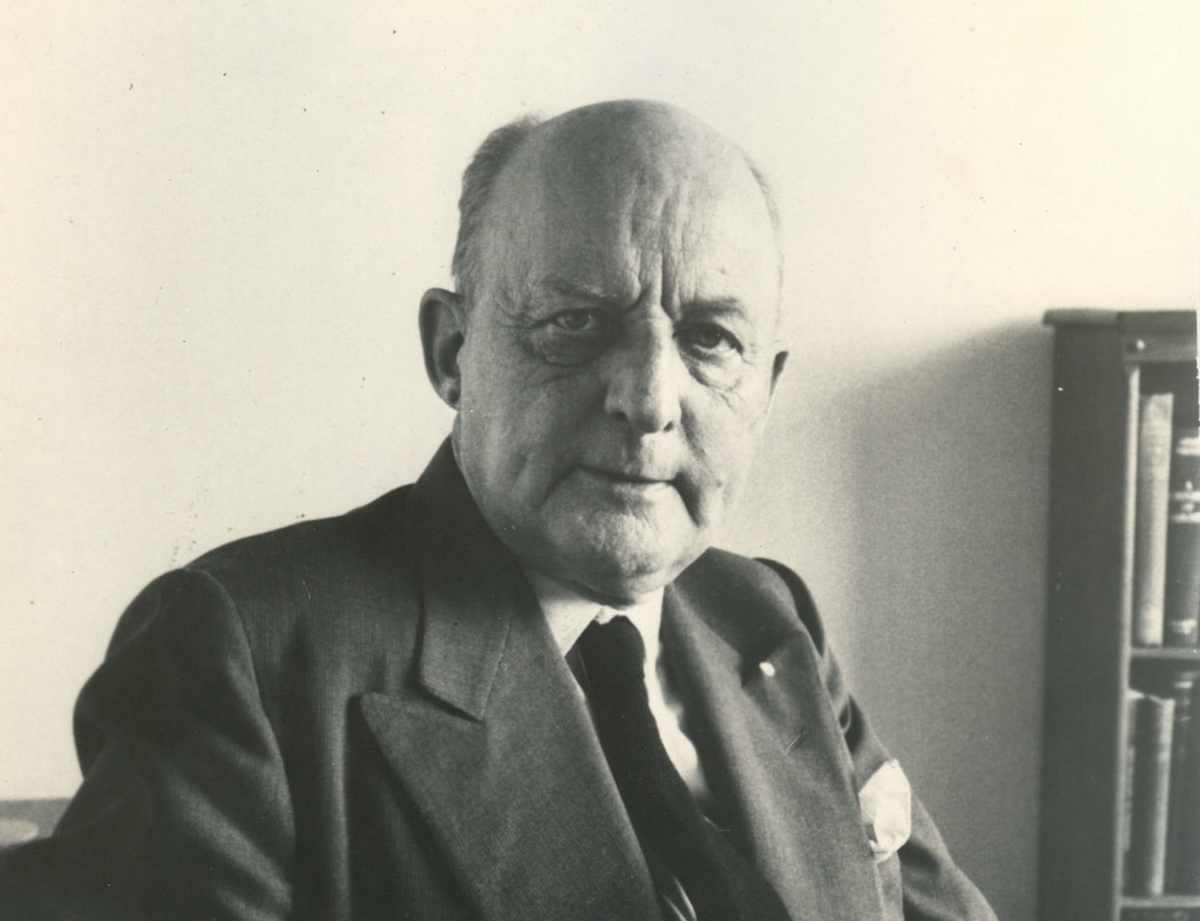
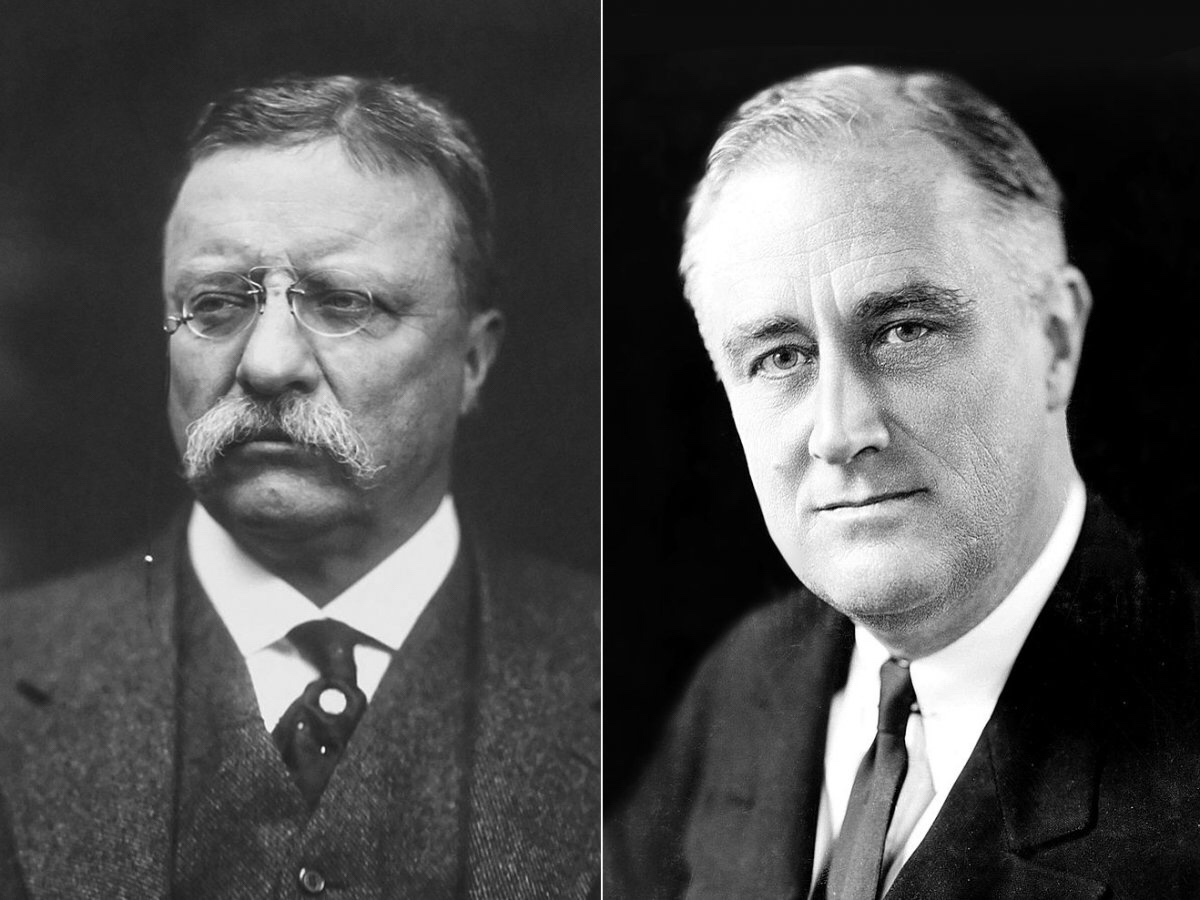
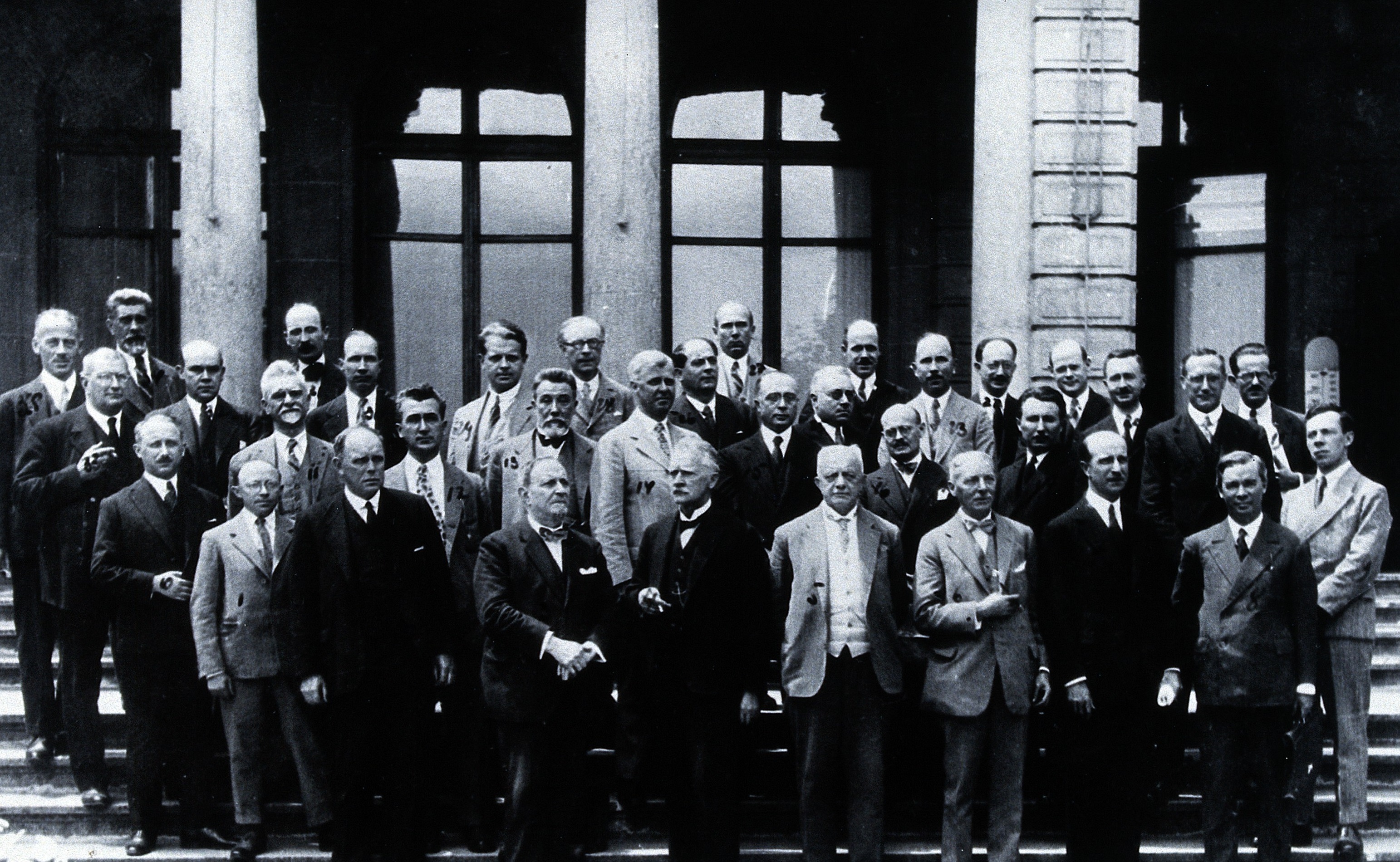
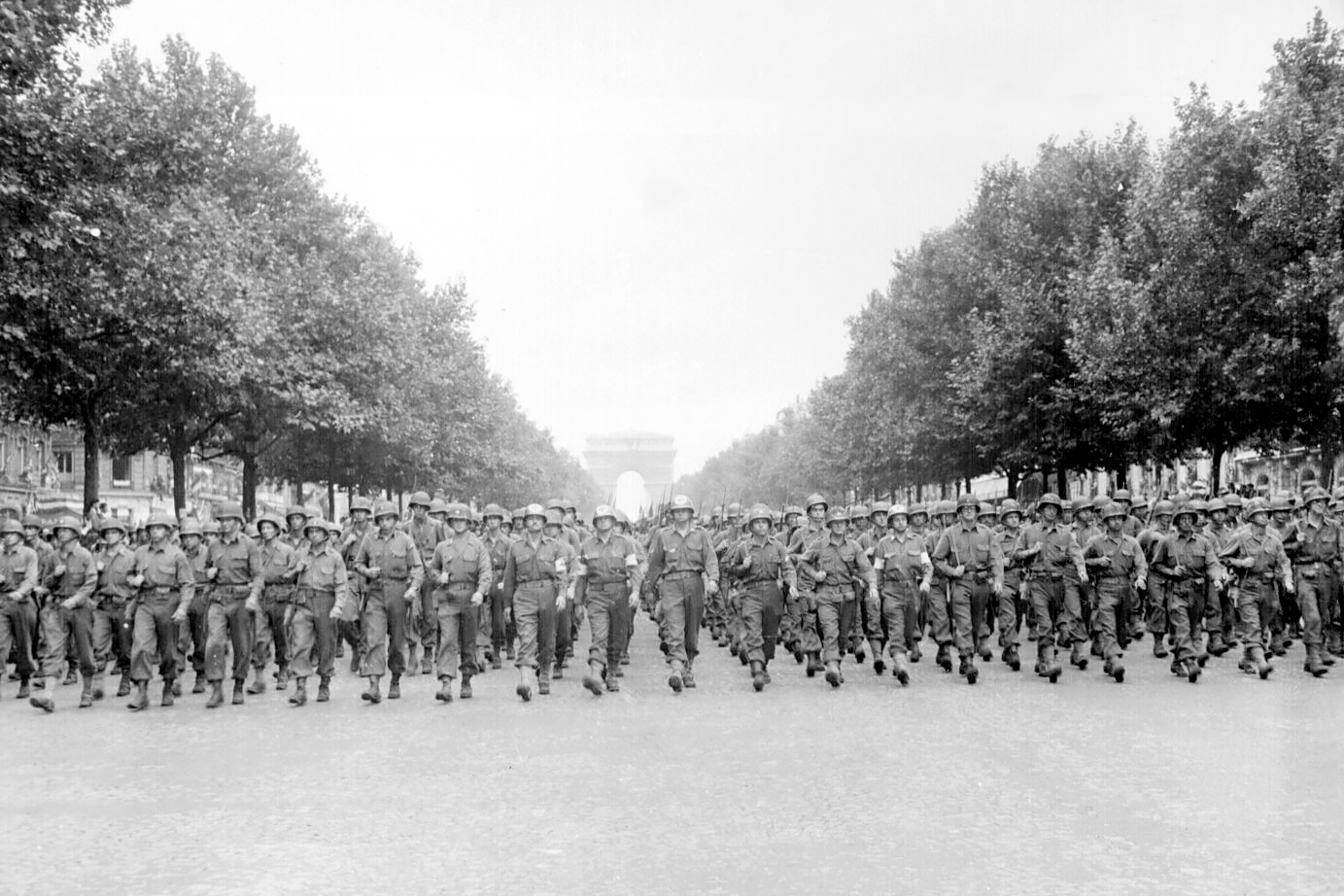

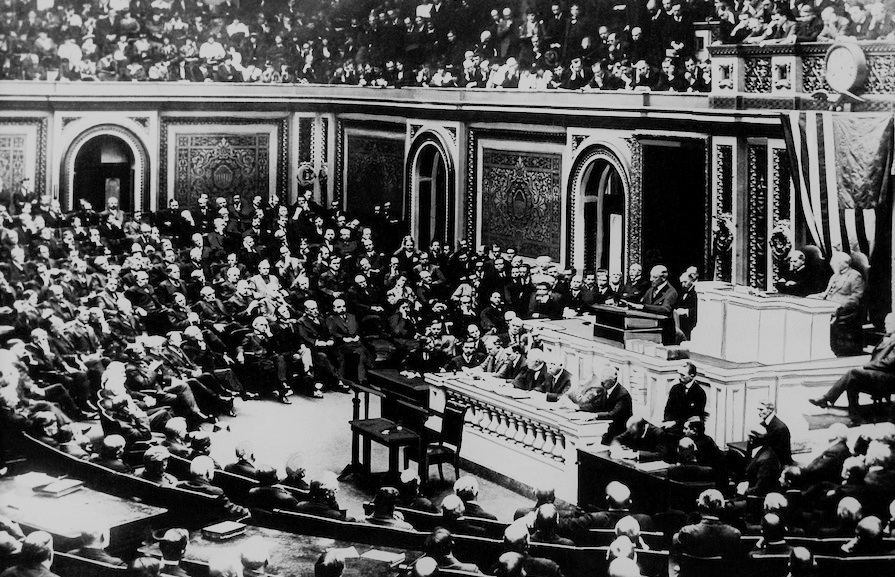

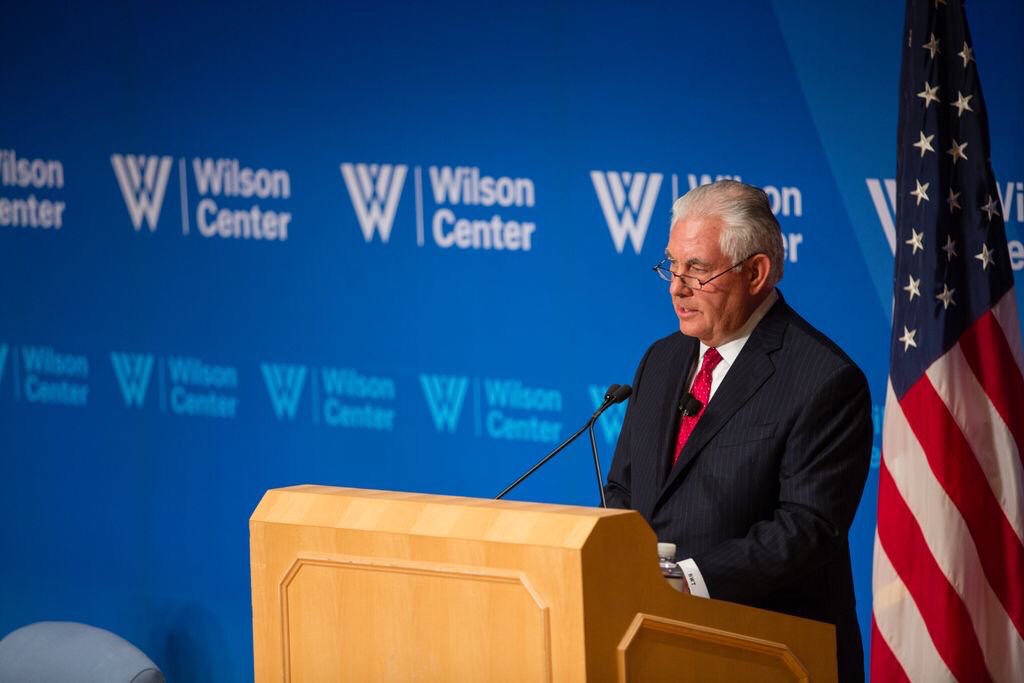

 Live in the DC area? Sign-up for Providence's in-person events list!
Live in the DC area? Sign-up for Providence's in-person events list!